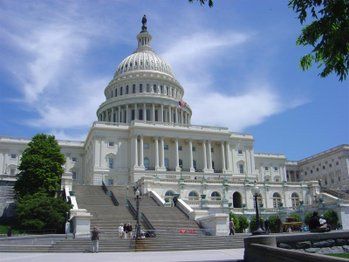Having postponed a vote on the measure from last week, Democrats in the United States Senate plan to hold a vote on the measure tomorrow. Since being passed in the House, the bill has been changed in the Senate to eliminate a renewable energy requirement for electric utilities which was opposed by the White House. However, Senate Democrats have refused to remove a tax increase that is part of the measure.
The White House has said that inclusion of either the tax increase or the renewable energy provision will case a veto of the bill.
Though Democrats claim to have the sixty votes needed to cut off debate and bring the bill to a vote, Senate Republicans have expressed doubt that the measure will have enough votes. Should it be adopted in modified form, it would then have to go to a conference committee with the House, as the two measures will not be the same.
In the meantime, the fuel economy increase mandated as part of both the House and Senate bills is stalled, the victim of opposition to other provisions in the overall energy legislation. The auto companies dropped their opposition to the increase in fuel economy standards, so it has not been part of the issues that have kept the legislation stalled in the Senate.
At this point, it appears that automakers prefer to the 35 mpg standard adopted this year, so that they can make future plans on that basis. If the measure is not adopted, or is vetoed and Congress cannot override the veto (a likely scenario), it would be possible that the proponents of setting high mileage standards as a “conservation” measure would renew their efforts to impose even more strict standards in another session of Congress.

